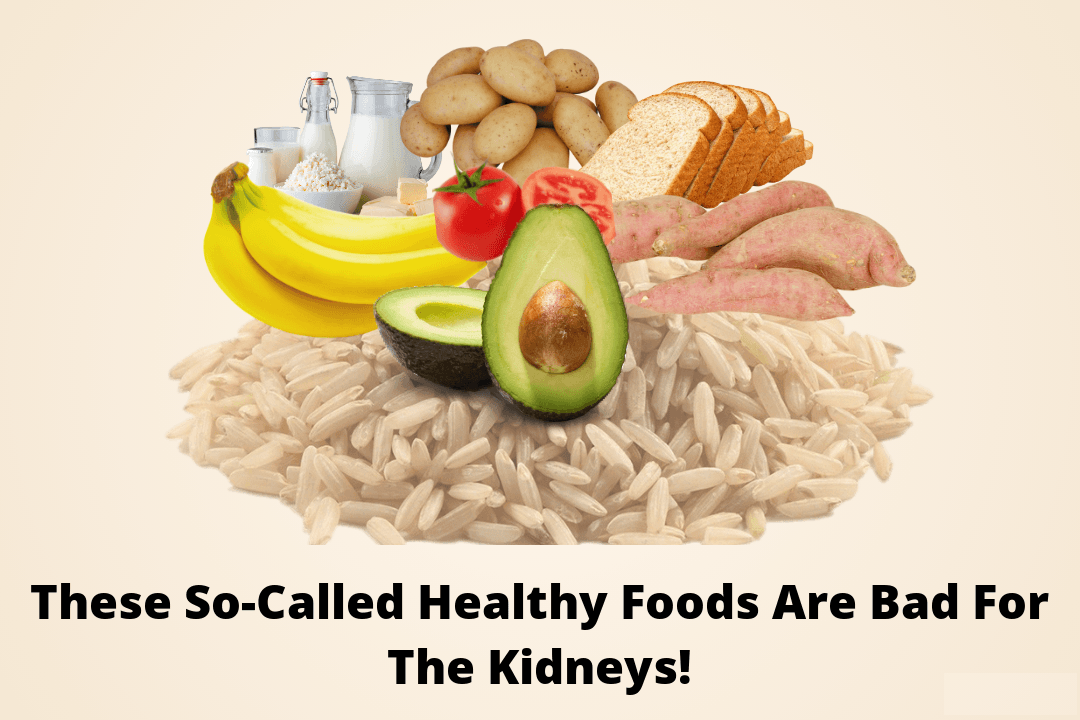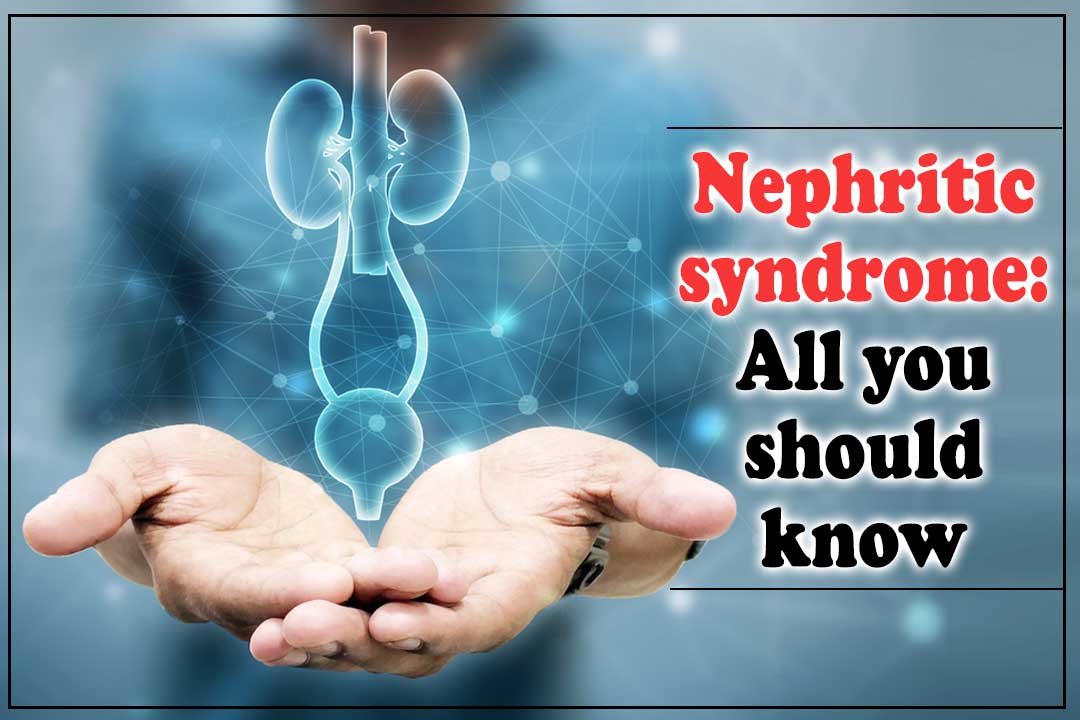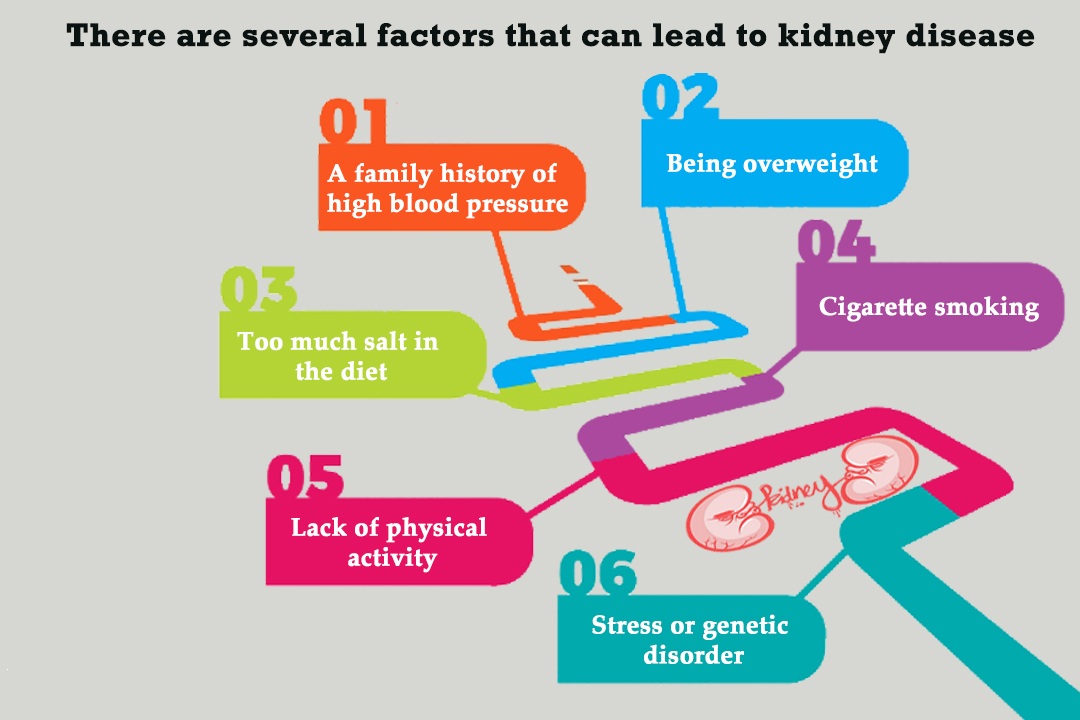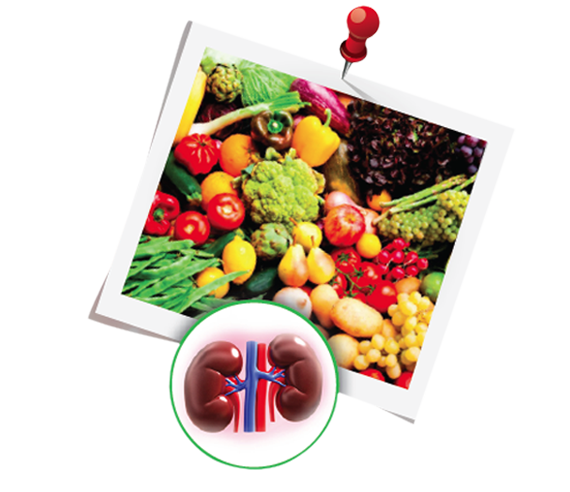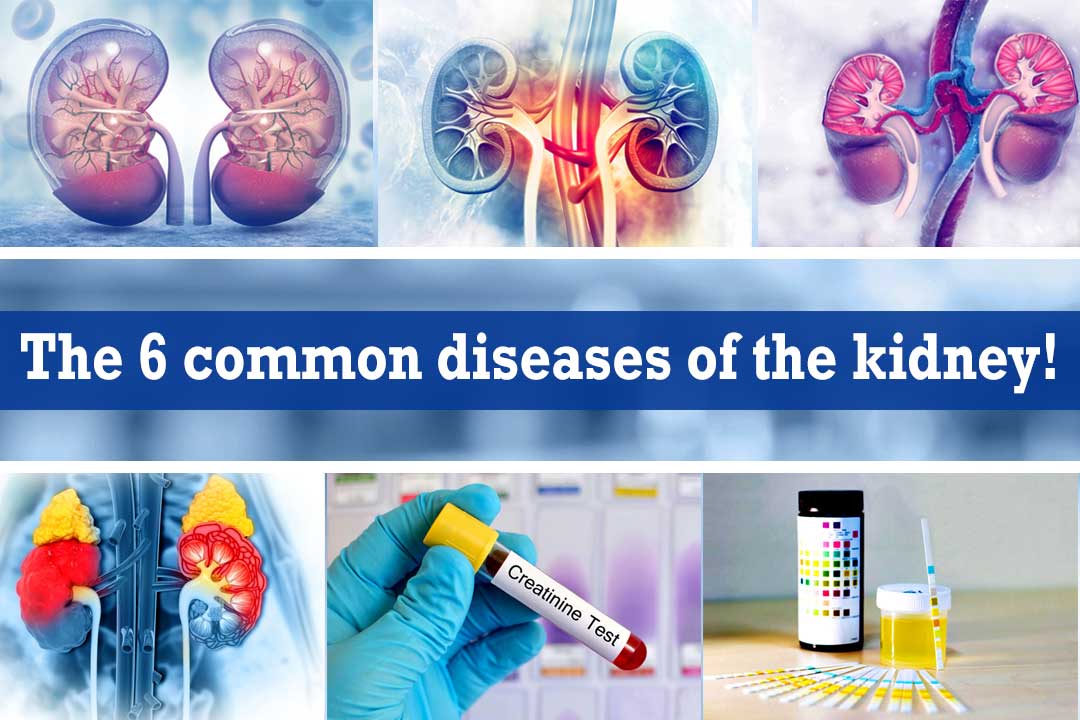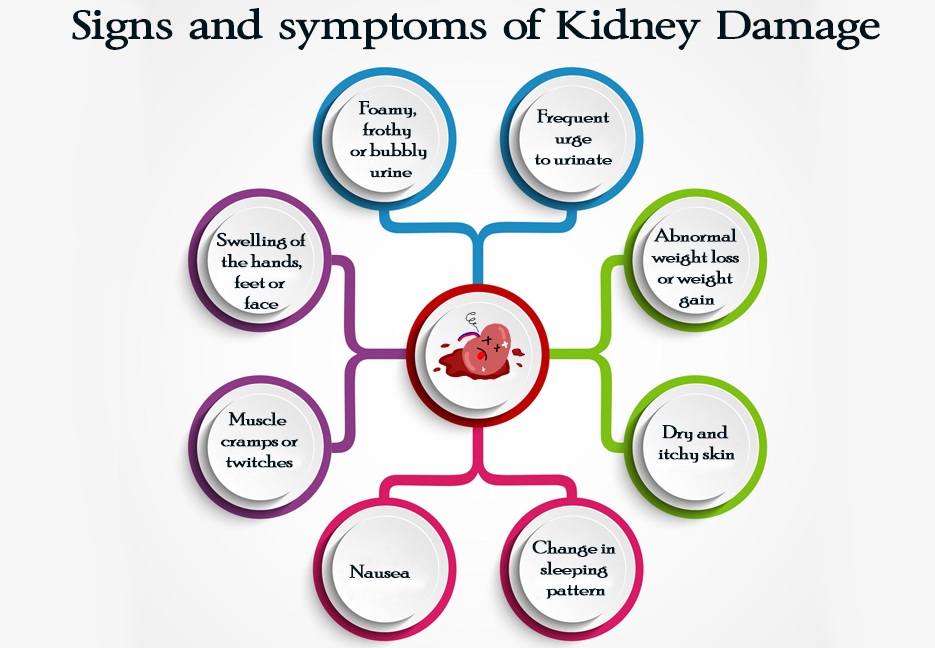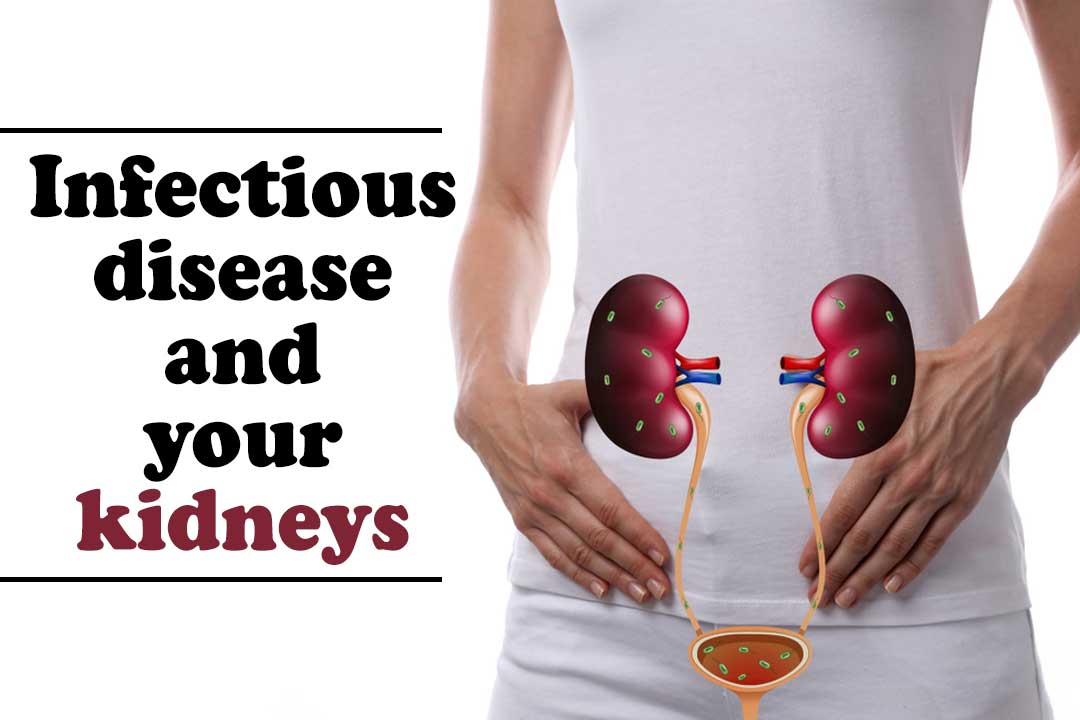
Kidney infections are a rare condition; however, they cause a number of problems in the body. Having a high fever with irritation or burning sensation when urinating are a few of the common signs of kidney problems. They could be bladder infection that may accidentally progress to a kidney infection if not fixed on time.
Reasons you may have a Bladder Infection
Half of the women population suffers from kidney problems at least once in their lifetime. Those who are younger than 50, are more at the risk of catching bladder infection and, eventually kidney problems. This is because the tube that carries urine from the bladder to the outside is shorter in women while men are likely to have a bladder infection, later in their life. Aged men are more susceptible to prostate cancer, which can block the pathway to urine.
Another common reason you may have kidney or bladder infection is medical conditions that require the operation of the urinary tract.
Other conditions that may increase the fertility of the bacteria are an enlarged prostate, kidney stones, not urinating when you need to, and not being particular of your personal hygiene habits.
Urine is one of those fluids that possess no bacteria but other parts of the urinary system can easily get infected with bacteria. These bacteria can travel all the way from bladder to the kidneys with the help of urethra, a tube that connects the urinary bladder to the urinary meatus. If bacteria start to multiply and if this happens for a prolonged time, you may notice:
- Pain in the side or side or abdominal pain
- Chills and fever
- Burning sensation or pain when passing urine
- In extreme cases, blood clots or cells leaks along with the urine
- Nausea and vomiting
- Food intolerance
A kidney infection is called Pyelonephritis. During the condition, the urine is checked for bacteria in several ways.
Usually, kidney infections get better with the right approach and changes in lifestyle. If you are otherwise healthy but have got your bladder infected, the condition can easily be cured with a few of the antibiotics. The goal is to prevent the growth of the bacteria in the bladder and avert them from spreading. This may take up to 15 days to completely kill the bacteria and if you still have symptoms even after the treatment, consult your doctor. Individuals with diabetes or other health conditions need different prescriptions to kill bacteria.
A continuous kidney infection is also called chronic Pyelonephritis further leading to chronic kidney damage or disease. You should have regular tests to check the glomerular filtration rate (GFR) to know how well your kidneys are functioning. This is because severe kidney infections have more risk of returning back because kidneys are one sensitive organ.
The kidneys filter waste from the blood, before transporting that blood to the rest of your body. But if you have bacteria lodge in your kidneys, these bacteria can spread during the blood sieving process, hence create severe complications for the body. Having bacteria in the bloodstream is an extreme condition that is called sepsis. However, it is rare.
If you wish to know more about the chronic kidney disease treatment in Ayurveda , approach to Karma Ayurveda. Since 1937, this ayurvedic kidney care institution has helped thousands of patients having kidney problems because of some health conditions in the body.
